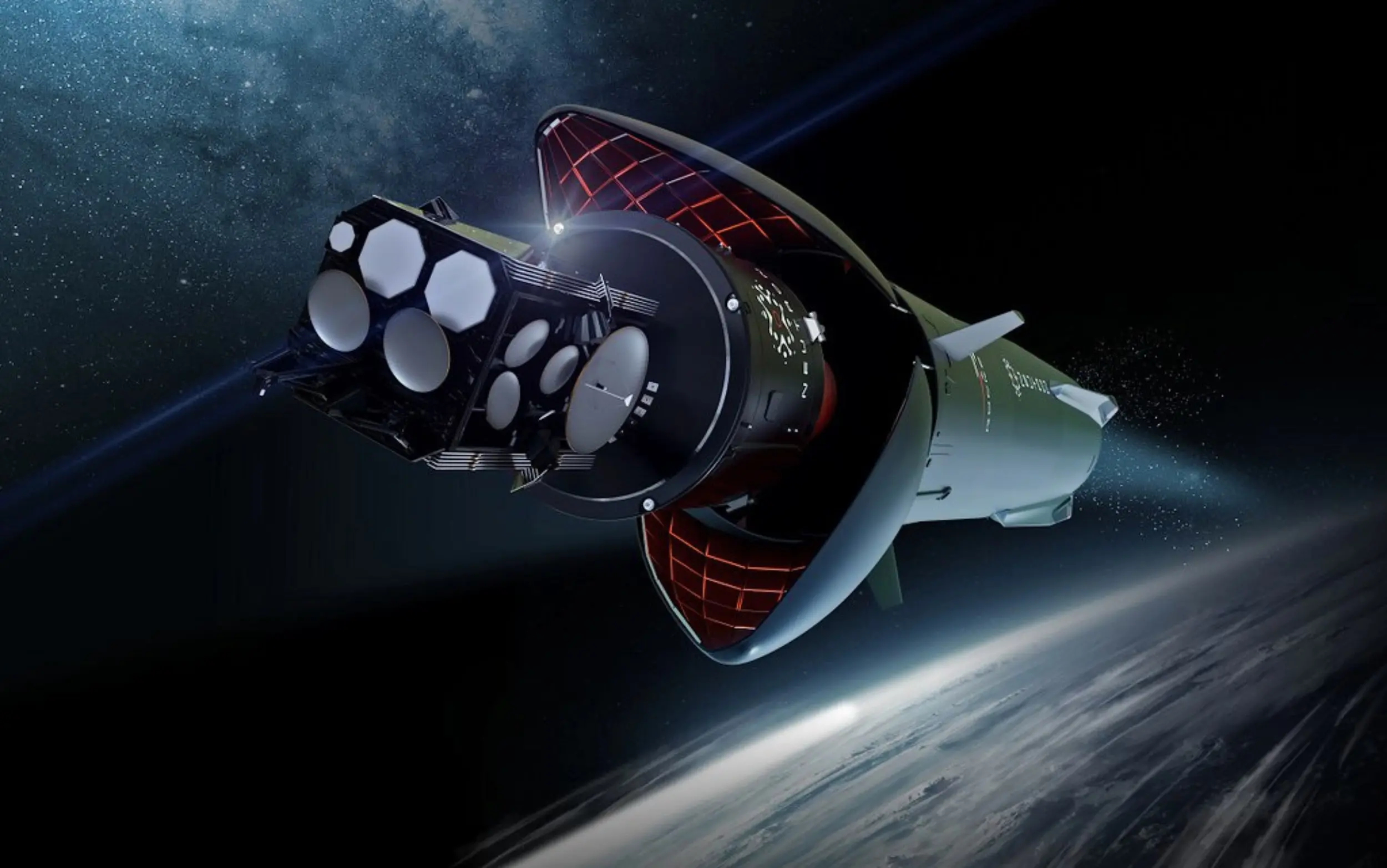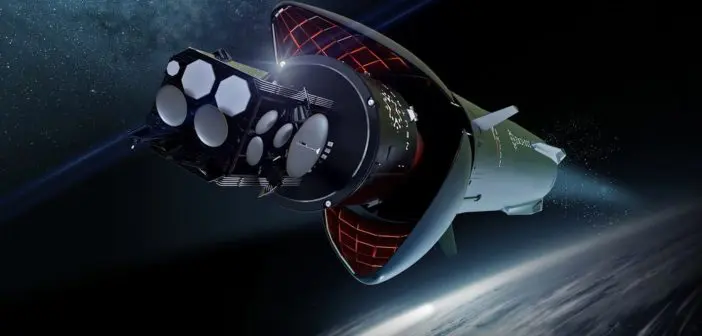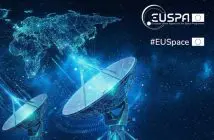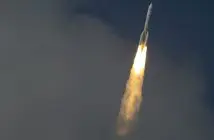
Rocket Lab will launch its new medium-lift reusable Neutron rocket for the US Air Force Research Laboratory (AFRL) to support rapid global point-to-point cargo transportation.
Under the contract, announced on May 8, 2025, Neutron will conduct a rocket cargo experiment under the AFRL’s Global Agile Logistics (REGAL) solicitation. It is Department of Defense (DOD) effort to create a rocket-based point-to-point transportation system anywhere in the world.
When it has to, the DOD wants to be able to quickly deliver cargo at any point on the planet. AFRL’s Neutron-launched experiment will re-enter Earth’s atmosphere to demonstrate re-entry capability for future REGAL missions. Rocket Lab CEO Peter Beck says this will happen no earlier than 2026.
“This is the most competitive launch program in the industry to fly the DOD’s highest priority and most critical missions,” said Beck in a May 8 earnings call. “Our selection to it is a huge vote of confidence by the Pentagon and Neutron and affirms us as one of the most capable American launch providers.”
The earnings call was to discuss the company’s first-quarter results, among other things. Rocket Lab’s Q1 2025 revenue was AUD190.7 million, up 32.1% compared to Q1 2024. However the New Zealand born launch company is yet to turn a profit. Nonetheless, Rocket Lab is sitting on a fat cash balance and has around AUD1.66 billion worth of launches booked. This includes booking eight new launches in the first quarter of the year.
The company says its small launch Electron rocket remains a global stand-out. It is the second most-frequently launched US rocket (after SpaceX’s Falcon 9). Additionally, alongside Falcon 9, Electron remains the only US-manufactured rocket to have reached orbit multiple times this year.
Rocket Lab says stage two qualification for the medium lift reusable Neutron rocket is complete. Stage one is undergoing final qualification. The rocket assembly is in process, and construction of the launch site, in Virginia, is on schedule.
“Momentum is building for Neutron on the back of really significant (development) progress we made in 2024,” said Beck. “It’s a big green tick for Neutron second-stage qualification campaign, proving the stage’s design, operations and readiness for launch later this year. We ran launch-like operations across its full combination of flight software, hardware, avionics, guidance, navigation, control systems, and we also proof-tested it to more than 125% of its design point.”
Meanwhile, the ongoing series of Electron launches, primarily from its New Zealand spaceport, continues. Beck expressed some concern from a cost perspective that the site was sometimes underutilised.
But he also said having that site and the Electron manufacturing facility in New Zealand protected customers against Trump’s tariffs. “The (Electron) product is manufactured in New Zealand and launches out of New Zealand,” he said. “We are in a very dynamic situation (regarding tariffs). (But) we’re pretty fortunate that for Electron launch business, much of the cost for that is New Zealand borne.”





